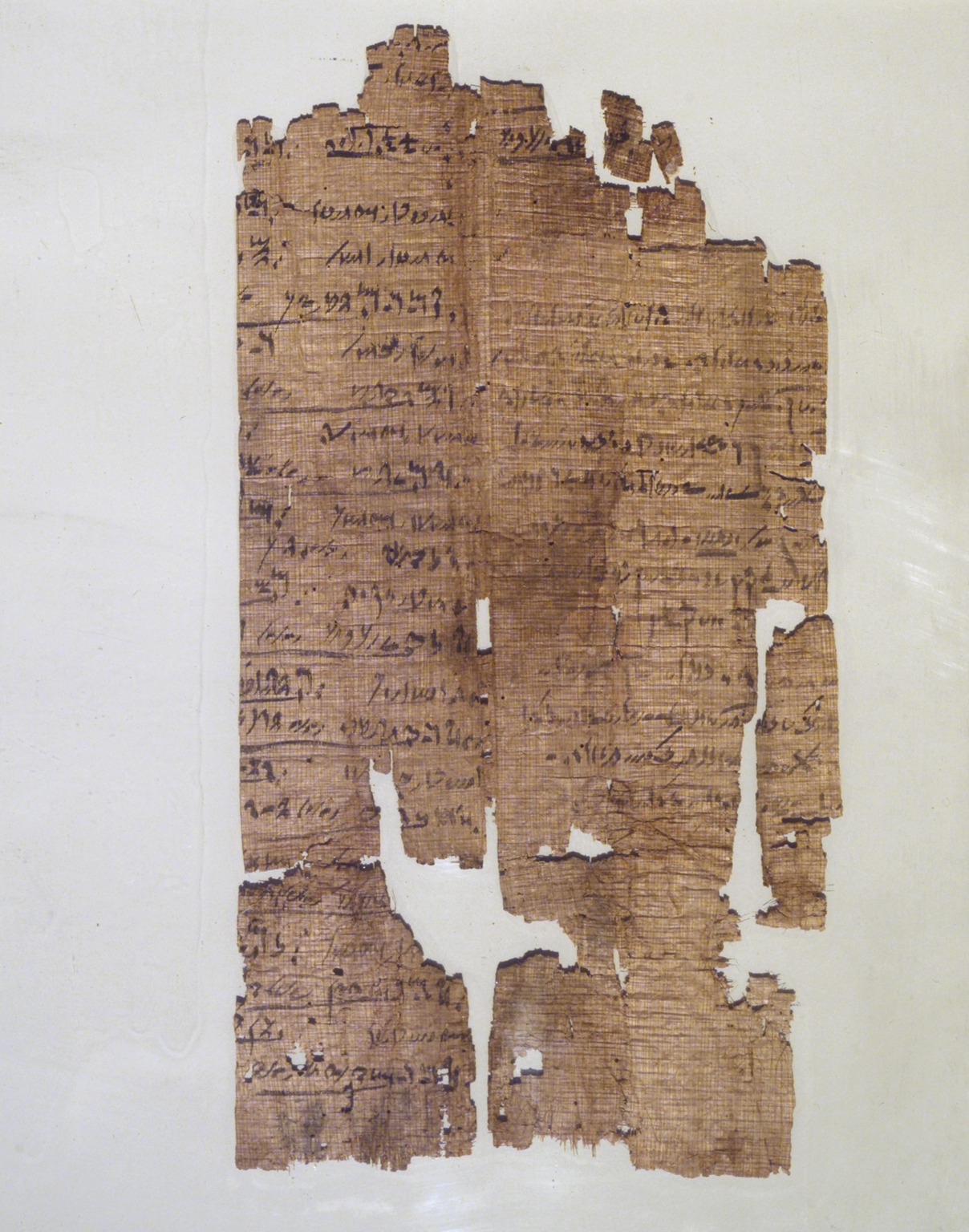

Moreover all accounts of former historians picture the Hyksos as the ancestors of the Hebrews, led into Palestine under the leadership of Moses.

Modern Egyptologists pictured a ‘war of the Hyksos’, however no document speaks of war but only that Avaris, Hyksos' capital, was looted and vandalized after their departure. One can notice that Egyptian documents unanimously describe the departure of the Hyksos from Egypt to Palestine in a disaster. The three Hyksos dynasties (XIV, XV, XVI) ruled Egypt approximately from 1750 to 1530 BCE and then disappear abruptly after the death of Pharaoh Seqenenre Taa. In the stele of the Tempest, Kamose also blames Apopi for all the disasters that come to fall upon Egypt, which caused many deaths. Prince Kamose, Seqenenre Taa's brother, assured interim of authority for 3 years and threatened attack the former pharaoh Apopi, new prince of Retenu (Palestine) who took the name Moses, according to Manetho (280 BCE), an Egyptian priest and historian. The state of his mummy proves, however, that his body received severe injuries, in agreement with Psalms 136:15, and remained abandoned for several days before being mummified. Seqenenre Taa died in May 1533 BCE, after 11 years of reign, in dramatic and unclear circumstances. The eldest son of Seqenenre Taa, Ahmose Sapaïr, who was crown prince died in a dramatic and unexplained way shortly before his father. According to Egyptian accounts the last king of the XVth dynasty, named Apopi, “very pretty” in Hebrew that is Moses’ birth name (Ex 2:2), reigned 40 years in Egypt from 1613 to 1573 BCE, then 40 years later he met Seqenenre Taa the last pharaoh of the XVIIth dynasty and gave him an unspecified disturbing message. Ironically, if one considers that “truth” must be based on two pillars: an accurate chronology anchored on absolute dates (Herodotus’ principle) and reliable documents coming from critical editions (Thucydides’ principle), that implies an amazing conclusion: those who believe Egyptologists are actually the real gullible ones. However, according to most Egyptologists, there is absolutely no evidence of Moses and the Exodus in Egyptian documents, which leads them to conclude that the whole biblical story is a myth written for gullible people.

To be or not to be is a crucial question regarding Moses as well as the Exodus because, according to the Bible, the character related to that famous event forms the basis of the Passover which meant the Promised Land for Jews and later the Paradise for Christians. What are the Egyptian documents underlying this hypothesis: none, and what is the chronology of this mysterious war: nobody knows! Consequently, who to believe: Moses or Egyptologists? GLASSTREE 2017 Finally, Ahmose I, the first pharaoh of the 18th Dynasty of Egypt, won the war against the Hyksos. For them, “it seems” that several campaigns against the stronghold at Avaris were needed, during at least one decade, before the Hyksos were finally dislodged and driven from Lower Egypt. For these scholars the liberation from Egypt after the “10 plagues”, as it is written in the Book of Exodus, is quite different from the historical “war of liberation against the Hyksos”. Several scholars (Finkelstein, Dever and others) posit that the Exodus narrative may have developed from collective memories of the Hyksos expulsions of Semitic Canaanites from Egypt, possibly elaborated on to encourage resistance to the 7th century domination of Judah by Egypt. For Egyptologists as well as archaeologists, and even now Bible scholars, the answer to the question: Who to believe: Moses or Egyptologists? is obvious (Dever: 2003, 233): Rather than attempt to defend the factual historicity of the Exodus traditions, I suggest that we must understand the Exodus story precisely as a myth, specifically as a “metaphor for liberation” (.) There is ample evidence that the Exodus story was read metaphorically already in ancient times, certainly so by the early rabbis and by later rabbinical commentaries.


 0 kommentar(er)
0 kommentar(er)
